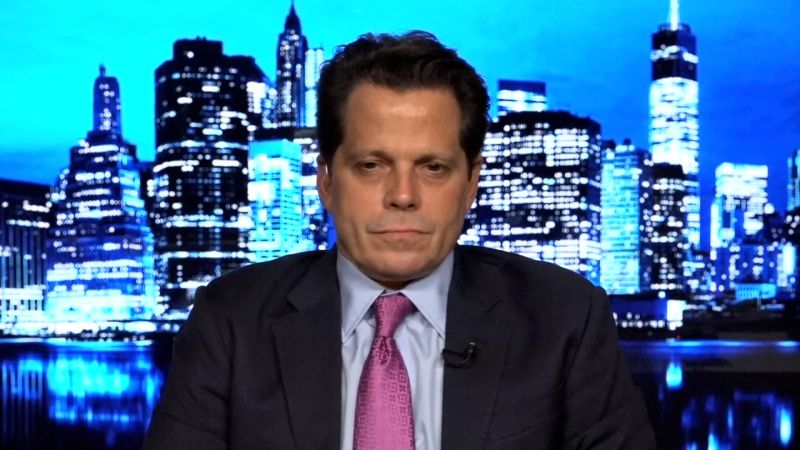Scaramucci firmly believes that there is a “zero percent chance” that former President Donald Trump will testify in his criminal trial in New York. This assertion comes amid ongoing legal battles against various investigations into Trump’s financial dealings. Scaramucci, who worked closely with Trump during his time in the White House, cites Trump’s past behavior and personality as reasons for why he will not take the stand. According to Scaramucci, Trump has a history of avoiding accountability and responsibility, especially when it comes to legal matters. This sentiment is echoed by many political analysts, who believe that Trump’s tendency to deflect, deny, and create chaos will prevent him from voluntarily testifying in court.
Furthermore, Scaramucci points out that Trump’s legal team will likely advise him against testifying, as it could potentially incriminate him further. Given the complexity and severity of the charges against Trump, any misstep during his testimony could have dire consequences for his legal defense. Scaramucci acknowledges that Trump thrives on controversy and attention, but when it comes to his own legal troubles, he will likely prioritize self-preservation over grandstanding in court. As a seasoned businessman and public figure, Trump is aware of the potential risks associated with testifying and may choose to remain silent in order to protect himself from further legal jeopardy.
Scaramucci also highlights the fact that Trump has a history of creating distractions and chaos in order to deflect attention from negative headlines and investigations. By refusing to testify, Trump can maintain control over the narrative surrounding his legal troubles and avoid potentially incriminating statements. Scaramucci suggests that Trump’s strategy may involve delegating the responsibility of defending him in court to his legal team, while he focuses on shaping public opinion through social media and public appearances. This approach would allow Trump to maintain his persona as a powerful, enigmatic figure, while avoiding the scrutiny and accountability that comes with testifying under oath.
In addition, Scaramucci notes that Trump’s personality and behavior make it unlikely that he would willingly subject himself to the legal process. As a self-proclaimed “counter-puncher,” Trump is known for his combative and confrontational approach to critics and adversaries. Testifying in court would require Trump to adhere to the rule of law and answer difficult questions under oath, something that goes against his natural instincts and tendencies. Scaramucci believes that Trump’s ego and desire to control the narrative will ultimately prevent him from voluntarily testifying, as it would require him to relinquish some of his power and influence.
Overall, Scaramucci’s assessment of Trump’s chances of testifying in his criminal trial in New York reflects a combination of legal, strategic, and psychological factors. While Trump may enjoy the attention and drama of a courtroom showdown, the potential risks and consequences of testifying may outweigh any perceived benefits. As the legal proceedings continue to unfold, it remains to be seen whether Trump will ultimately choose to take the stand or adopt a more cautious and calculated approach to defending himself. Scaramucci’s insights shed light on the complexities and challenges that Trump faces as he navigates through the legal minefield surrounding his financial dealings and business practices.


